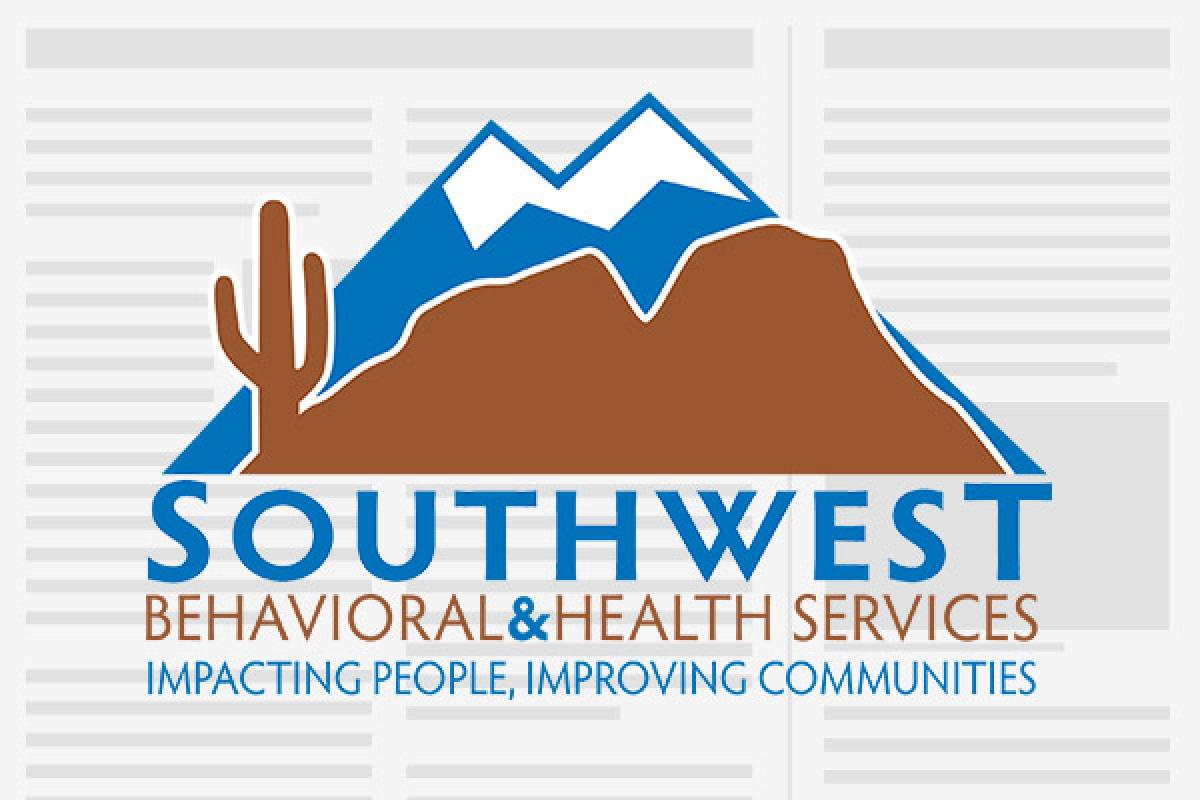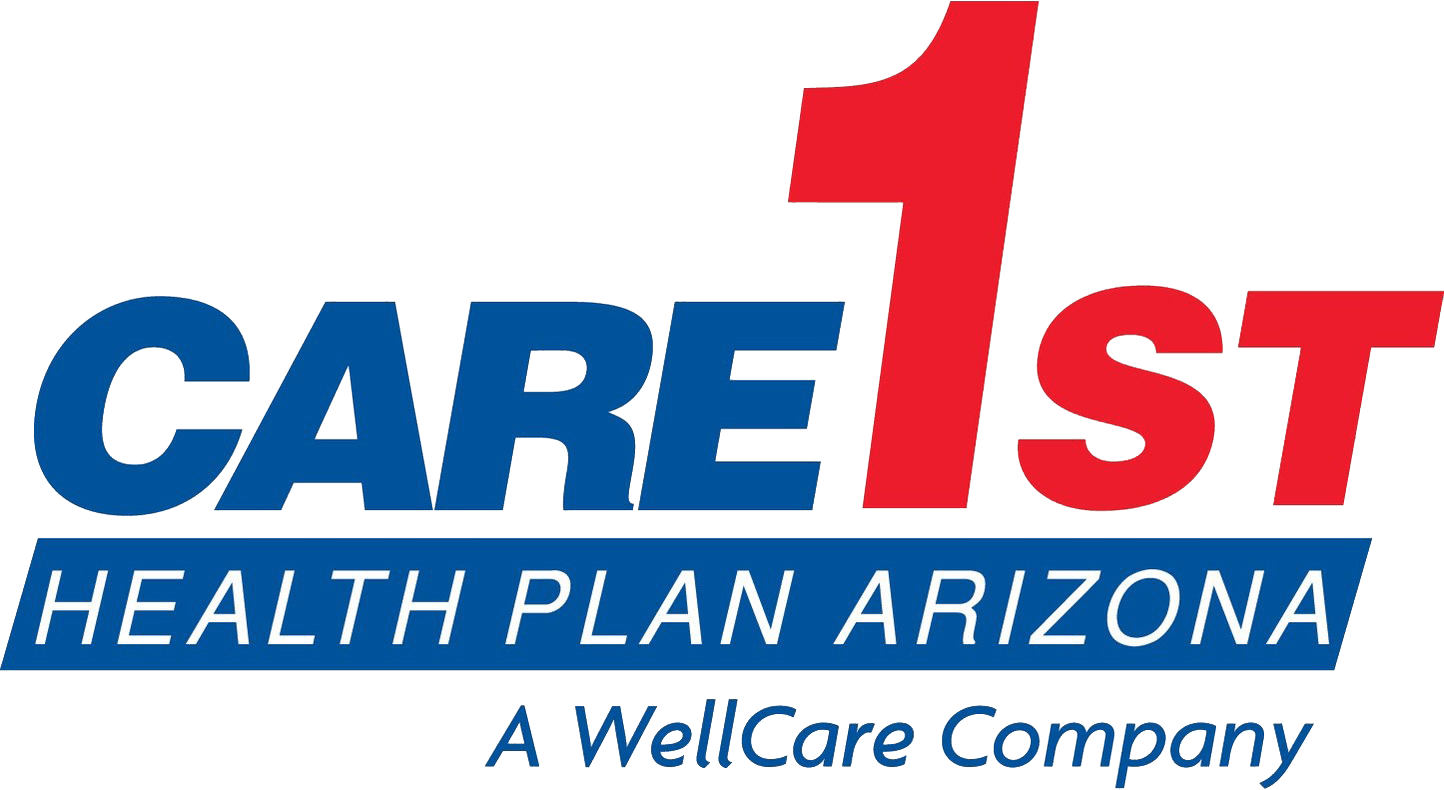
When we think about the drugs our youth are exposed to, addictive drugs like heroin and cocaine often come to mind. However, the prescription drugs stored in our medicine cabinets, night stands, and kitchen counters are as addictive, dangerous, and deadly as these street drugs.
Prescription painkillers are as addictive as heroin because they are opioids, just like heroin. To help prevent abuse and misuse, it’s advisable to keep all medicines stored in a safe and locked compartment and out of the reach of children, youth and pets.
According to Community Health Worker and Southwest Behavioral and Health Services volunteer Diana Padron, “Studies show kids whose parents have talked to them about the dangers of drugs and alcohol are up to 50% less likely to use drugs. It is so rewarding seeing parents’ reactions during my community education sessions, when we discuss the statistics. Parents are surprised when they learn how someone who develops an addiction to prescription opioids is 40 times more likely to develop an addiction to heroin. As a mother, I talk to my kids early and often about the risk and dangers of all drugs, including underage drinking and prescription drug misuse and abuse, so they can be informed and prepared to avoid peer pressure to get drunk or high.”
Some of the most abused opioids are known for their commercial name as Vicodin, Norco (Hydrocodone), OxyContin, Percocet (Oxycodone), among others. Some of the effects and risks related to prescription drug abuse are euphoria, impaired coordination, confusion, dry mouth, sweating, clammy skin, slowed breathing, and lowered pulse and blood pressure. The Center for Disease Control (CDC) says prescription drug abuse continues to be a national epidemic, with drug overdose deaths and opioid-involved deaths on the rise. According to the CDC, from 2000 to 2015, more than half a million people died from drug overdoses, and 91 Americans die every day from an opioid overdose.
Community Health Worker and Southwest Behavioral and Health Services volunteer, Felicitas Padron says, “As a parent, sometimes we don’t take this issue as seriously as we should. In some cultures, it is a common practice to self-prescribe and share medicines without knowing the risks, consequences and adverse reactions.”
For suggestions on how to talk to your kids about the risks of drugs, visit: /drugfreeazkids/TalkWithYourKids














